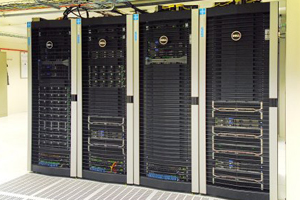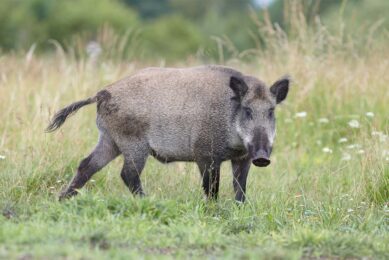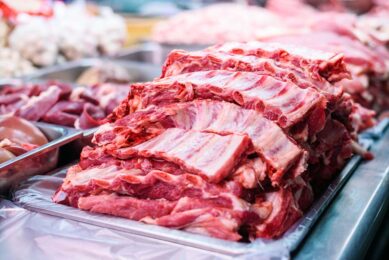Supercomputer introduced to process breeding data

Wageningen UR, the Netherlands, has introduced a supercomputer (HPC; High Performance Computer) to be used by animal researchers and animal breeding companies united in the Breed4Food consortium.
The computer will enable them to process huge volumes of data using large computing power. It required an initial investment of more than €700,000 and will be made available to researchers and companies based on a joint investment by the Breed4Food partners, the Centre for Advanced Technology in the Agro and Food sector (CAT-AgroFood) and Wageningen UR. The computer was officially taken into use by Annemieke Traag, member of the Executive Council of the Province of Gelderland.
Scientists and researchers are increasingly required to process large volumes of data. As a result of the recent developments in DNA sequencing technology in particular, the amount of data being made available has risen explosively. For this reason it is vital that there is sufficient computing power available to make complex calculations based on this ever increasing data flow. It enables researchers to make comprehensive analyses of, for example, breeding values and to select the best animals to cross for breeding.
The purchase of the HPC is an initiative of animal breeding companies and research groups working on breeding and animal genetics within Wageningen UR (University & Research centre), united in the Breed4Food consortium. The companies involved in this are Hendrix Genetics, COBB Europe, CRV and TOPIGS. These parties intend to use the HPC for both their core activities and long-term research. The HPC is, moreover, not only suitable for researchers in animal breeding, but also in plant breeding and other research areas where High Performance Computing is becoming increasingly important.
Bernard de Geus, Director of Breed4Food, sees the introduction of the HPC as a very important step in research in the area of animal breeding and an excellent example of public-private cooperation between companies and knowledge institutions: “Science and technology are developing at a tremendous rate. It is very important that both parties have a research facility close by. This enables them to consult with one another intensively and new scientific information obtained as a result of this can be translated quickly into innovation at the companies.”
 Beheer
Beheer








 WP Admin
WP Admin  Bewerk bericht
Bewerk bericht